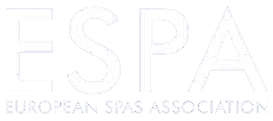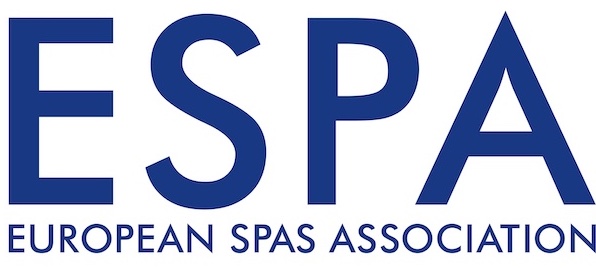The third session of “SUBSTANCE: CONTENT & NATURE,” held as part of the ISMH–ESPA Joint Medical Session, focused on the theme “Stress-related disorders: an opportunity for spa medicine.” This session brought together international experts to explore how balneotherapy can address modern healthcare challenges.
Opening the session, Prof. Christian-François Roques, President of the International Society of Medical Hydrology and Climatology, delivered a recorded address emphasizing the growing relevance of spa medicine in managing stress-related conditions.
Prof. Lorena Vela of the Complutense University of Madrid provided an overview of the general and epidemiological aspects of stress disorders, laying the groundwork for a deeper examination of therapeutic approaches.
Prof. Antonella Fioravanti from the University of Siena presented on fibromyalgia, highlighting the potential of balneotherapy as an effective complementary treatment for this complex and often misunderstood condition.
The discussion continued with Prof. Pedro Cantista of Porto University, who addressed the long-term effects of COVID-19. He underscored the increasing demand for integrative rehabilitation strategies, including those offered through spa-based therapies.
In a compelling presentation, Dr. Olivier Dubois, founder of the Balneology School of Stress, introduced the concept of structured stress management through natural spa treatments. Drawing on experiences from the Saujon Balneology Resort in France, he offered practical insights into this innovative approach.
The session concluded with a panel discussion and closing remarks by Prof. Patrick Carpentier, President of the ESPA Medical Commission, who reinforced the importance of cross-disciplinary collaboration in promoting spa medicine as a viable approach to stress and post-viral recovery.
This session marked a significant milestone in highlighting how traditional spa therapies can contribute meaningfully to contemporary medical care.

